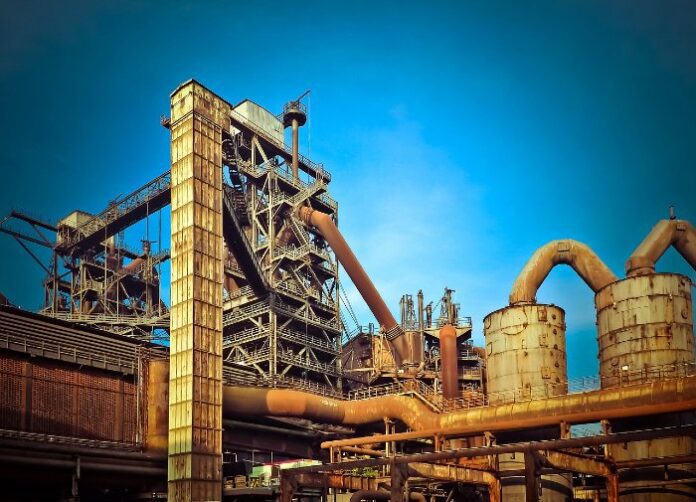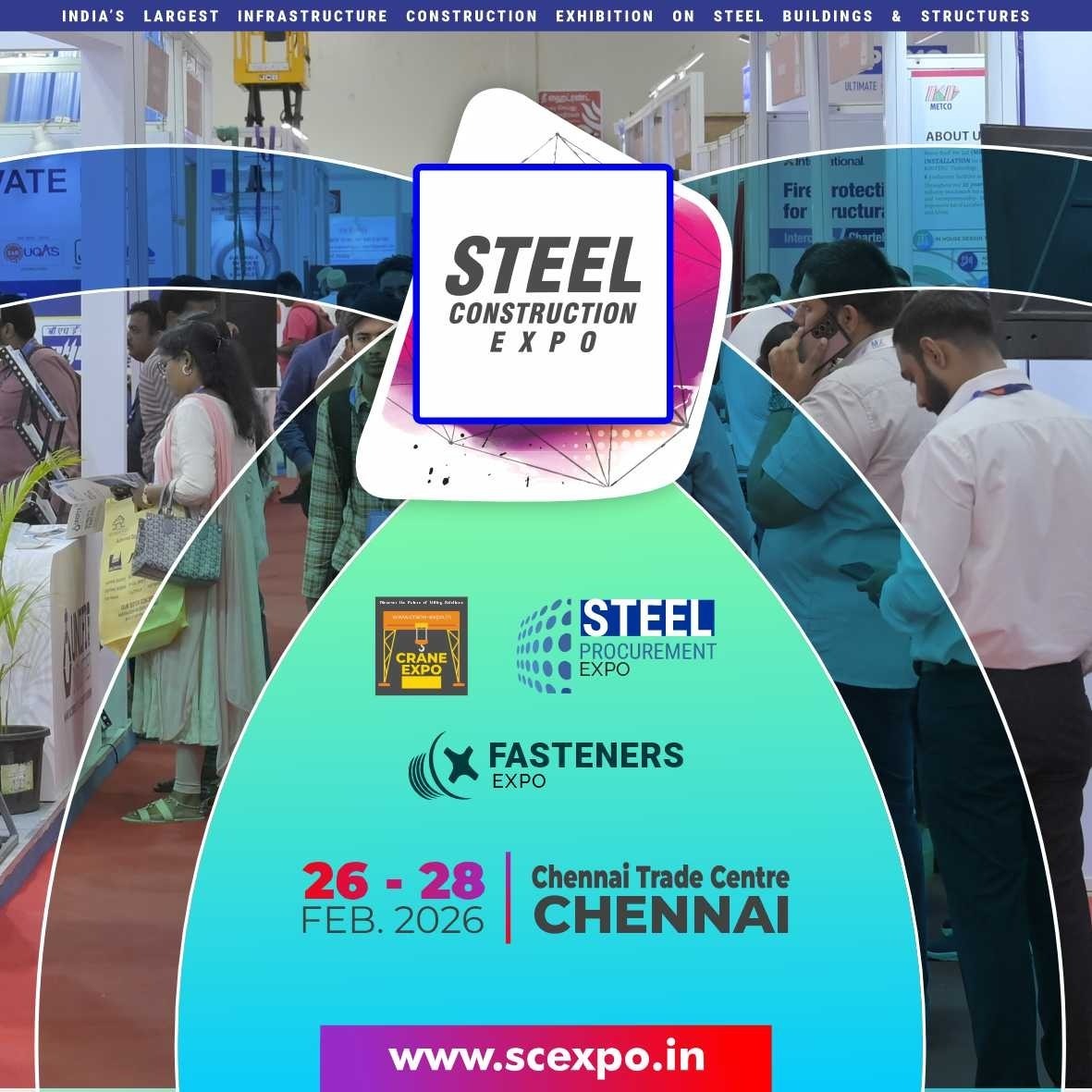In a significant milestone for climate action, Director-General Ngozi Okonjo-Iweala welcomed a groundbreaking alliance on December 1st, receiving endorsement from key stakeholders within the steel sector for a set of principles aiming to standardize greenhouse gas emission measurements. This landmark partnership was unveiled at the COP28 UN Climate Change Conference in Dubai, signaling a pivotal moment in global efforts to combat climate change.
The Steel Standards Principles, jointly developed by standard-setting bodies, international organizations, leading steel producers, and industry associations, acknowledge the steel sector’s substantial 8% contribution to annual global greenhouse gas emissions. Recognizing the urgent need for drastic reductions, these principles underscore the necessity of slashing emissions by at least 90% to align with climate targets.
The core focus of these principles lies in establishing uniform methodologies for measuring greenhouse gas emissions within the iron and steel industry. The aim is to expedite the shift towards near-zero emissions by enhancing transparency, interoperability, and mutual recognition of these methodologies. Such harmonization is expected to facilitate investment in innovative low-emission technologies and products while addressing trade frictions stemming from conflicting measurement standards.
During the roundtable discussion, Director-General Okonjo-Iweala emphasized the World Trade Organization (WTO) Secretariat’s endorsement, citing the detrimental impact of fragmented trade policies on the steel industry’s decarbonization efforts. She highlighted the barriers such policies pose, hindering technology exchange and impeding clean tech investments.
Over 35 prominent stakeholders, including key steel producers, industry associations, and international organizations, have lent their support to the Steel Standards Principles, indicating a strong industry-wide commitment to sustainability.
Annie Heaton, CEO of ResponsibleSteel, emphasized the critical need for a unified framework, citing the complexities in comparing carbon emissions across diverse standards. The Principles, she notes, lay the groundwork for a much-needed common framework essential for driving global decarbonization within the steel industry.
Nicola Davidson, Vice President for Sustainable Development and Corporate Communications at ArcelorMittal, highlighted the significance of these principles in establishing a consensus on defining low-carbon steel. She emphasized the importance of recognizing the varying carbon footprints across different steel types and technologies.
The Steel Standards Principles stress the imperative for collaborative dialogue among developed and developing economies, governments, industry stakeholders, and policymakers. This collective effort aims to refine existing emission standards and drive consensus towards a more sustainable future for the steel sector.
These principles build upon the International Energy Agency’s “Net Zero Principles” for Emissions Measurement, the WTO’s Technical Barriers to Trade (TBT) Agreement Code of Good Practice, and the TBT Committee’s Six Principles for the Development of International Standards, Guides, and Recommendations.




